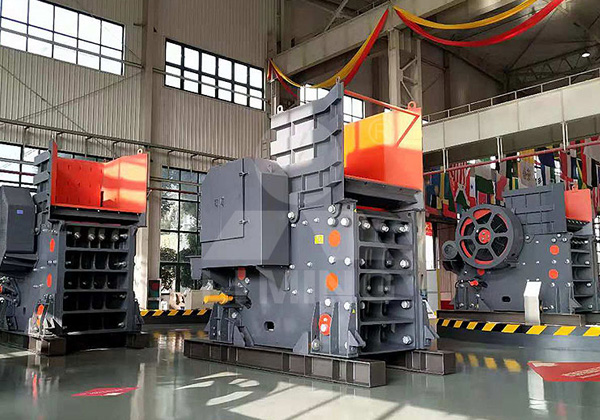A jaw crusher is a crucial piece of equipment in the mining and construction industries, especially when it comes to crushing hard rocks. Whether it’s granite, basalt, limestone, or any other tough material, a jaw crusher is designed to crush it efficiently and reliably. In this discussion, we’ll delve into the workings of a jaw crusher, its components, and how it excels in handling hard rock crushing tasks.
Introduction to Jaw Crusher:
A jaw crusher is a primary crushing machine used to break down large rocks into more manageable sizes. It consists of a fixed jaw and a movable jaw, arranged in a V-shaped configuration. The movable jaw exerts force on the rock by pressing it against the fixed jaw, thereby crushing it into smaller pieces.

Components of a Jaw Crusher:
- Fixed Jaw Plate: This is the stationary part of the jaw crusher against which the rock is crushed. It’s typically made of manganese steel, known for its high strength and wear resistance.
- Movable Jaw Plate: This is the part that moves back and forth to crush the rock. Like the fixed jaw, it’s also made of manganese steel to withstand the high impact forces.
- Toggle Plate: It connects the movable jaw to the rest of the crusher structure and provides support during crushing operations.
- Eccentric Shaft: The shaft transmits rotational motion to the movable jaw, facilitating the crushing process.
- Bearings: Bearings support the eccentric shaft and ensure smooth operation of the jaw crusher.
- Toggle Block and Wedge: These components adjust the discharge opening of the crusher to control the size of the crushed material.
Working Principle:
- Feed Material: Rocks are fed into the jaw crusher from the top and get progressively smaller as they move down the crushing chamber due to the crushing action.
- Crushing Action: The movable jaw exerts force on the rock by pressing it against the fixed jaw. This action breaks the rock into smaller pieces.
- Discharge: Crushed material exits the jaw crusher through the bottom discharge opening. The size of the discharge can be adjusted by changing the position of the toggle block and wedge.
Advantages of Jaw Crusher for Hard Rock Crushing:
- High Efficiency: Jaw crushers are known for their high crushing efficiency, making them suitable for processing hard rocks with ease.
- Versatility: They can handle a wide range of materials, from soft to extremely hard, without compromising on performance.
- Reliability: Jaw crushers are robust machines designed to withstand harsh operating conditions, ensuring reliable operation even in demanding environments.
- Low Maintenance: With fewer moving parts compared to other crushers, jaw crushers require minimal maintenance, reducing downtime and operating costs.
- Adjustable Discharge: The adjustable discharge opening allows for precise control over the final product size, making jaw crushers ideal for various applications.
In summary, a jaw crusher is a powerful and versatile machine that excels in crushing hard rocks efficiently and reliably. Its robust construction, high crushing efficiency, and adjustable discharge make it an indispensable tool in the mining and construction industries. Whether it’s for primary crushing or secondary crushing, a jaw crusher is a go-to solution for processing hard rock materials.
